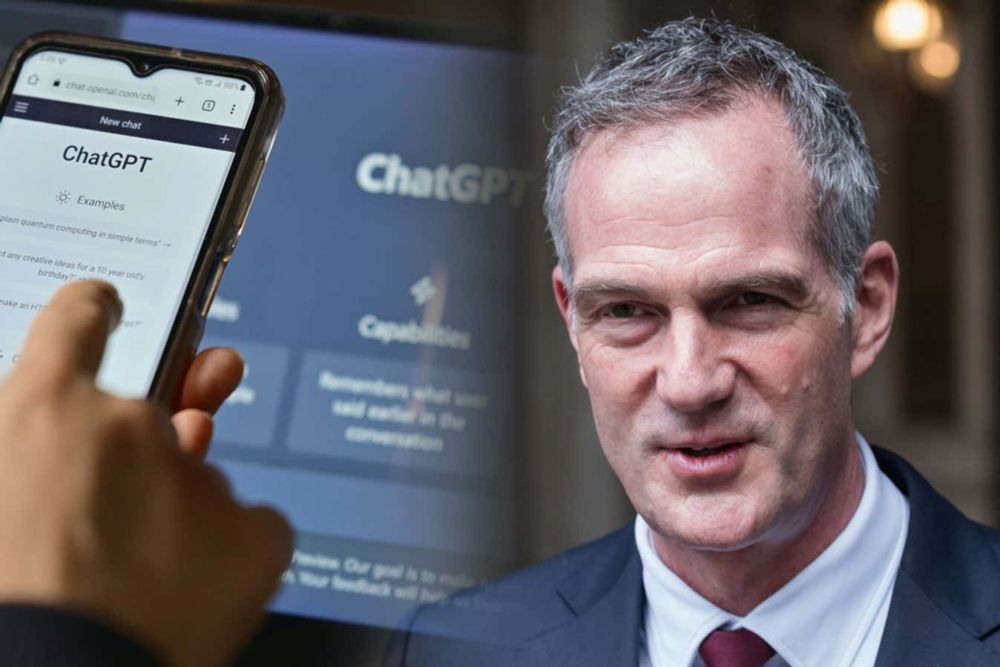Joe Alderman
@jaldmn.bsky.social
220 followers
170 following
33 posts
Medical AI researcher* | Anaesthesia & critical care doctor | Triathlete (kinda).
https://www.birmingham.ac.uk/staff/profiles/inflammation-ageing/alderman-joseph
*the realistic, “let’s look at the evidence” kind…
Posts
Media
Videos
Starter Packs
Joe Alderman
@jaldmn.bsky.social
· Mar 18

Tackling algorithmic bias by promoting transparency in health datasets (The STANDING Together recommendations)
Health data is highly complex and can be challenging to interpret without knowing the context in which it was created. Data biases can be encoded into
aiforgood.itu.int
Joe Alderman
@jaldmn.bsky.social
· Mar 13
Chris Stokel-Walker
@stokel.bsky.social
· Mar 13

Revealed: How the UK tech secretary uses ChatGPT for policy advice
New Scientist has used freedom of information laws to obtain the ChatGPT records of Peter Kyle, the UK's technology secretary, in what is believed to be a world-first use of such legislation
www.newscientist.com
Reposted by Joe Alderman
Joe Alderman
@jaldmn.bsky.social
· Dec 18
Joe Alderman
@jaldmn.bsky.social
· Dec 18
Joe Alderman
@jaldmn.bsky.social
· Dec 18
Joe Alderman
@jaldmn.bsky.social
· Dec 18
Joe Alderman
@jaldmn.bsky.social
· Dec 18
Joe Alderman
@jaldmn.bsky.social
· Dec 18

Tackling Algorithmic Bias and Promoting Transparency in Health Datasets: The STANDING Together Consensus Recommendations
Without careful dissection of the ways in which biases can be encoded into artificial
intelligence (AI) health technologies, there is a risk of perpetuating existing health
inequalities at scale. O...
ai.nejm.org
Joe Alderman
@jaldmn.bsky.social
· Dec 18
Joe Alderman
@jaldmn.bsky.social
· Dec 18
Joe Alderman
@jaldmn.bsky.social
· Dec 18
Joe Alderman
@jaldmn.bsky.social
· Dec 18
Joe Alderman
@jaldmn.bsky.social
· Dec 18
Joe Alderman
@jaldmn.bsky.social
· Dec 18
Joe Alderman
@jaldmn.bsky.social
· Dec 18
Joe Alderman
@jaldmn.bsky.social
· Dec 18
Joe Alderman
@jaldmn.bsky.social
· Dec 18
Joe Alderman
@jaldmn.bsky.social
· Dec 18

Tackling algorithmic bias and promoting transparency in health datasets: the STANDING Together consensus recommendations
Without careful dissection of the ways in which biases can be encoded into artificial intelligence (AI) health technologies, there is a risk of perpetuating existing health inequalities at scale. One major source of bias is the data that underpins such technologies. The STANDING Together recommendations aim to encourage transparency regarding limitations of health datasets and proactive evaluation of their effect across population groups. Draft recommendation items were informed by a systematic review and stakeholder survey.
www.thelancet.com
Joe Alderman
@jaldmn.bsky.social
· Dec 10




